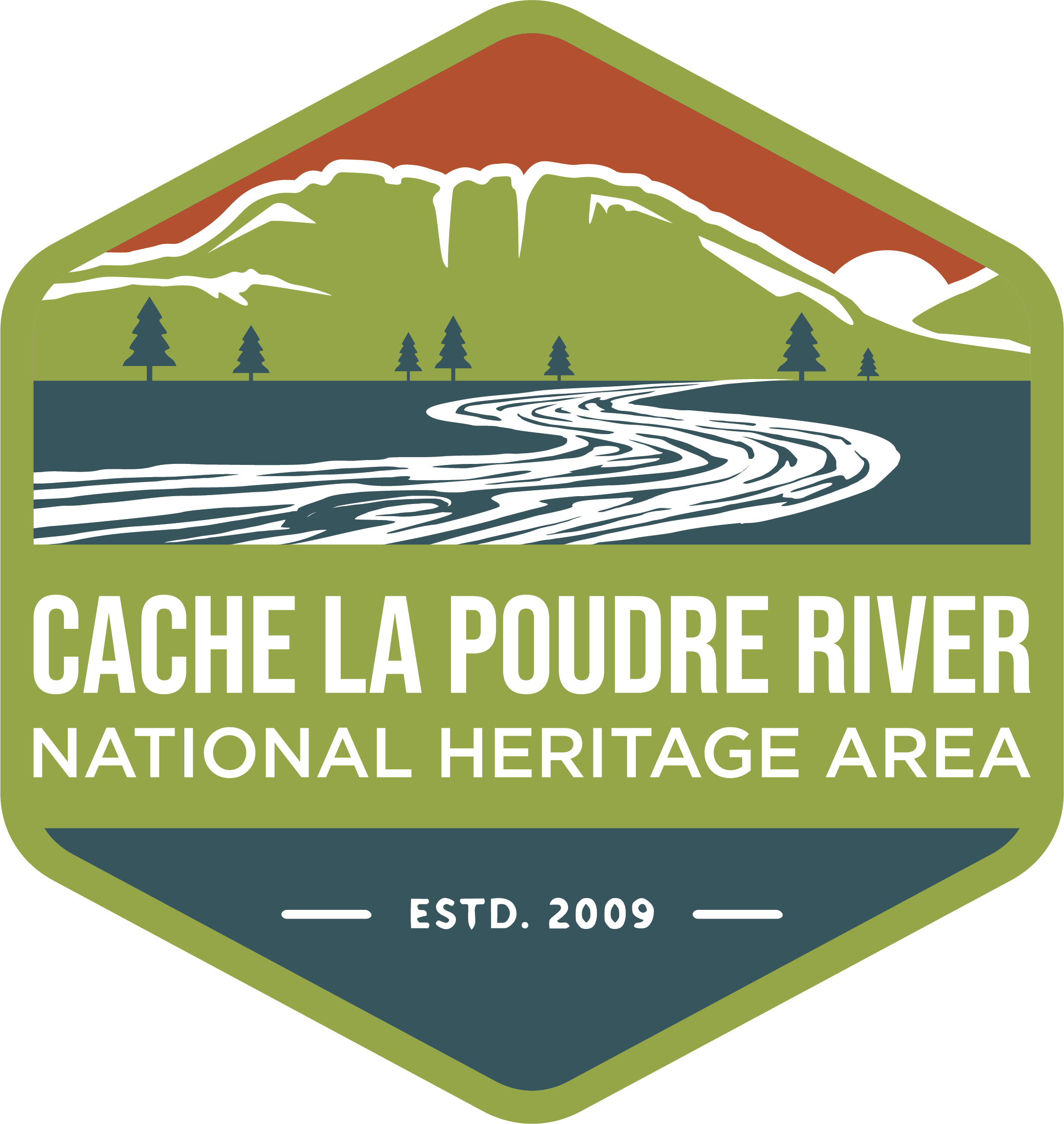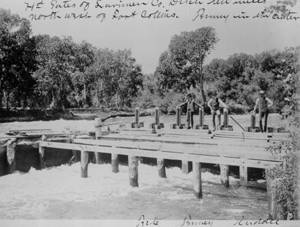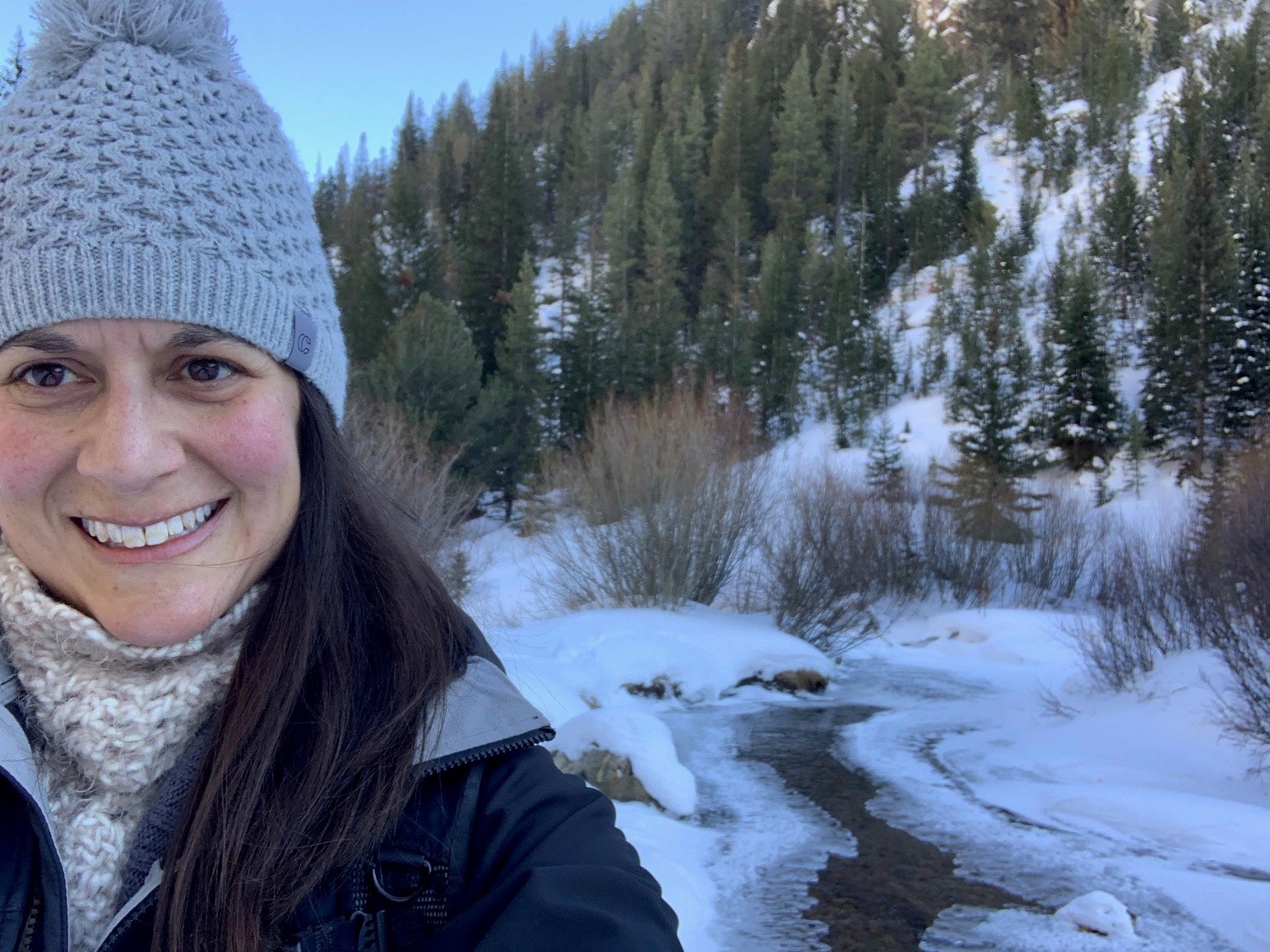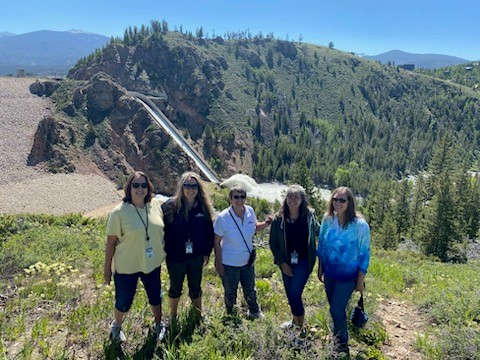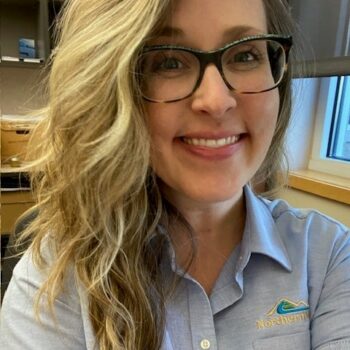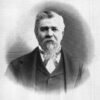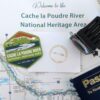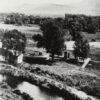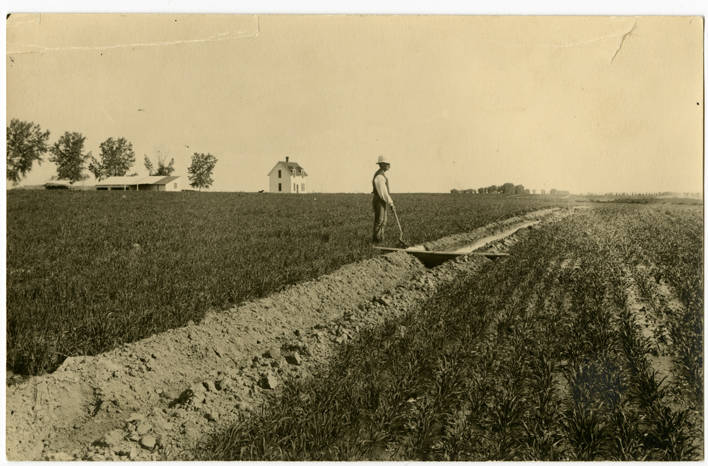
150 years ago, on July 15, 1874, the conflict over water availability in the Cache la Poudre River Valley erupted. But where did the conflict begin, and why was the river so contentious? Let’s step back in time and find out…
People have been using the water in the Poudre for far longer than 150 years. The Arapaho, Ute, and Cheyenne peoples, along with others, and their ancestors, lived beside and used the Poudre for thousands of years before Euro-American settlement. However, around 150 years ago the way humans used this river, and its water, drastically changed.
While Colorado was not among the first areas to see settlement, by the late 1850s-1860s, the region saw rapid transformation. Spurred in part by the discovery of gold in Colorado in 1859, many people from eastern states like Illinois, Ohio, Missouri, Pennsylvania, and Tennessee moved to Colorado. While some tried to strike it rich, the majority were farmers, feeding the steady market for hay, grains, and fresh produce. Moving from states with significant rainfall (on average 45 inches of precipitation) they initially struggled with Colorado’s dry climate (average precipitation of about 15 inches), before realizing irrigation was the key to success—beginning small scale irrigation ditch building efforts in the 1860s.*
In 1870, 144 families traveled westward on the railroad to create an agricultural community called Union Colony (now Greeley). In need of water, the settlers quickly constructed two working irrigation ditches.
The Greeley Number 3 supplied water to kitchens, gardens, and backyards. The Greeley Number 2 to water farmers’ crops. (The Number 1 was never constructed). Union Colony flourished drawing more settlers to the Poudre region. Two years later, Agricultural Colony (now Fort Collins), was firmly established upriver.
Which brings us back to the year of conflict –
In an already dry and arid region, the drought in July 1874 brought a grave threat to the people of Union Colony. Reliant on the Poudre River for water to irrigate their crops and gardens, and to meet community needs, farmers woke up one morning to find the Poudre bone dry at the Greeley Number 3 irrigation ditch headgate.** But what had caused their water supply to completely disappear?
It was discovered that their upstream neighbors at Agricultural Colony and other upstream locations were diverting what little water was available into their own irrigation canals. New upstream irrigation canals, such as the Lake Canal, had the capacity to divert the whole of the Poudre River, and that wasn’t even accounting for the low flow of 1874, a drought year. Capacity had become reality—the newer canals were diverting much of the river’s flow, leaving little for downstream users. Union Colony was outraged, marching to Agricultural Colony with their pitchforks (yes, this really happened) to demand their water back.
To avoid an all-out war, some forty irrigators met at the Eaton schoolhouse on July 15, 1874, to find a solution. “The evening was hot, the structure was small, and the Greeleyites (among them several Civil War veterans) arrived with their guns” (Hobbs & Welsh, 2020).
Fortunately, guns stayed in their holsters and no punches (or pitchforks) were thrown. The injection of Nathan Meeker, Union Colony founder, warned that failure to reach an agreement river water usage could open the floor to allow “a heavy capitalist or corporation” to build ” a huge canal from the Poudre above La Porte [upstream of both colonies] and run it [all the river’s waters] through the Box Elder country” (Hobbs & Welsh, 2020).
Afraid of this outcome, the group laid down their pitchforks and eventually, after many more hours of loud disagreement, came to a compromise. This compromise became the basis of what is known as Western Water Law and the notion of “First in Time, First in Right,” or prior appropriation, still used across Colorado today. Prior appropriation means each irrigation diversion has a priority number—based upon the date they were built and first began to divert (kind of like take a number and get in line). The senior priority users get first use of the water and down the line. However, they can only divert as much water as they hold shares to and must put it to “beneficial use.”
The water provisions established 150 years ago, here in the Cache la Poudre River National Heritage Area, were eventually written into Colorado’s Constitution and are still in effect today.
This conflict over Western water law not only led to the development of Western water law, but it’s the reason the Cache la Poudre River was designated by Congress as a National Heritage Area.
Learn more at Water War and Law | Cache la Poudre River National Heritage Area (poudreheritage.org).
Index
*Irrigation Ditch: Ditches are man-made channels built to store and divert water to where it can be used by farmers to water crops and provide water to towns.
**Headgate: A headgate is an irrigation structure used to regulate the flow of water from a river into an irrigation ditch. Headgates can be opened or closed to control the amount of water allowed through.
References
Hobbs, G., & Welsh, M. E. (2020). Confluence: The Story of Greeley Water. Jordan Designs.
Image 1 Photo Credit: [1971.20.0004] City of Greeley Museums
Image 2 Photo Credit: Archive at Fort Collins Museum of Discovery. [H07772]
Image 3 Photo Credit: [AI-2526] City of Greeley Museums
